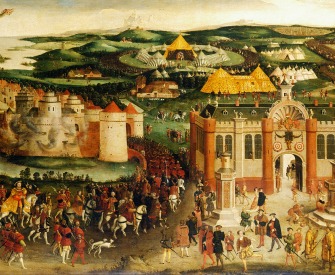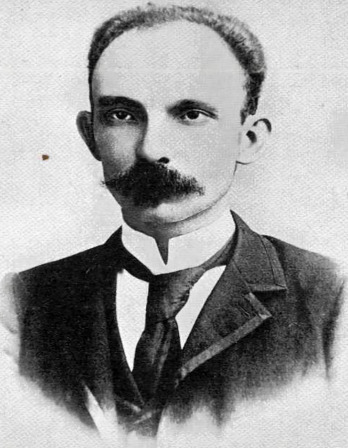My own experience is that a certain kind of genius among students is best brought out in bed.
—Allen Ginsberg, 1981Pragmatism
Booker T. Washington on rediscovering industrious habits.
It has been necessary for the Negro to learn the difference between being worked and working—to learn that being worked meant degradation, while working means civilization; that all forms of labor are honorable, and all forms of idleness disgraceful. It has been necessary for him to learn that all races that have got upon their feet have done so largely by laying an economic foundation, and in general, by beginning in a proper cultivation and ownership of the soil.
In a certain way every slave plantation in the South was an industrial school. On these plantations young colored men and women were constantly being trained not only as farmers but as carpenters, blacksmiths, wheelwrights, brick masons, engineers, cooks, laundresses, sewing women, and housekeepers.
I do not mean in any way to apologize for the curse of slavery, which was a curse to both races, but in what I say about industrial training in slavery I am simply stating facts. This training was crude and was given for selfish purposes. It did not answer the highest ends, because there was an absence of mental training in connection with the training of the hand. To a large degree though, this business contact with the Southern white man and the industrial training on the plantations left the Negro at the close of the war in possession of nearly all the common and skilled labor in the South.
In most of the industries, though, what happened? For nearly twenty years after the war, except in a few instances, the value of the industrial training given by the plantations was overlooked. Negro men and women were educated in literature, in mathematics, and in the sciences, with little thought of what had been taking place during the preceding 250 years, except perhaps as something to be escaped, to be got as far away from as possible. As a generation began to pass, those who had been trained as mechanics in slavery began to disappear by death and gradually it began to be realized that there were few to take their places. There were young men educated in foreign tongues but few in carpentry or in mechanical or architectural drawing. Many were trained in Latin but few as engineers and blacksmiths. Too many were taken from the farm and educated, but educated in everything but farming. For this reason they had no interest in farming and did not return to it.
Some years ago, when we decided to make tailoring a part of our training at the Tuskegee Institute, I was amazed to find that it was almost impossible to find in the whole country an educated colored man who could teach the making of clothing. We could find numbers of them who could teach astronomy, theology, Latin, or grammar but almost none who could instruct in the making of clothing, something that has to be used by every one of us every day in the year. How often have I been discouraged as I have gone through the South and into the homes of the people of my race, and have found women who could converse intelligently upon abstruse subjects and yet could not tell how to improve the condition of the poorly cooked and still more poorly served bread and meat which they and their families were eating three times a day. It is discouraging to find a girl who can tell you the geographical location of any country on the globe and who does not know where to place the dishes upon a common dinner table. It is discouraging to find a woman who knows much about theoretical chemistry and who cannot properly wash and iron a shirt.
Early in the history of the Tuskegee Institute we began to combine industrial training with mental and moral culture. Our first efforts were in the direction of agriculture, and we began teaching this with no appliances except one hoe and a blind mule. From this small beginning we have grown until now the Institute owns two thousand acres of land, eight hundred of which are cultivated each year by the young men of the school. We began teaching wheelwrighting and blacksmithing in a small way to the men and laundry work, cooking, sewing, and housekeeping to the young women. The fourteen hundred and over young men and women who attended the school during the last school year received instruction—in addition to academic and religious training—in thirty-three trades and industries, including: carpentry, blacksmithing, printing, wheelwrighting, harness making, painting, machinery, founding, shoemaking, brick masonry and brick making, plastering, sawmilling, tinsmithing, tailoring, mechanical and architectural drawing, electrical and steam engineering, canning, sewing, dressmaking, millinery, cooking, laundering, housekeeping, mattress making, basketry, nursing, agriculture, dairying and stock raising, and horticulture.
Not only do the students receive instruction in these trades but they do actual work, by means of which more than half of them pay some part or all of their expenses while remaining at the school. Of the sixty buildings belonging to the school all but four were almost wholly erected by the students as a part of their industrial education. Even the bricks which go into the walls are made by students in the school’s brickyard, in which last year they manufactured two million bricks.

Booker T. Washington
From “Industrial Education for the Negro.” At the age of twenty-five, Washington was selected to head the new Tuskegee Normal and Industrial Institute, a school with two buildings and a small endowment. When he died thirty-four years later, the Institute’s nearly two hundred faculty members were teaching fifteen hundred students more than thirty-eight trades and professions.




